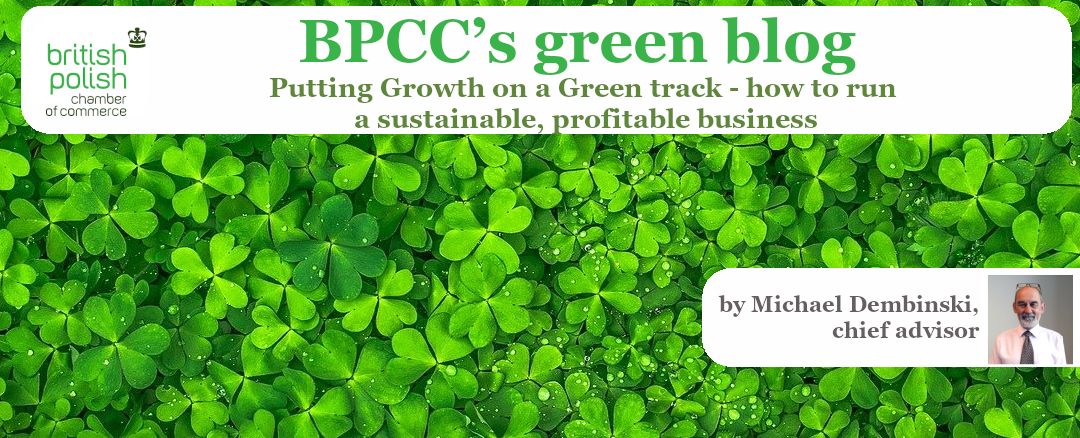After two days of COP27, there seems to be less attention focused upon it than was the case with last year’s summit. This morning, COP27 did not even make the Top Ten of the BBC’s global news stories. I have the feeling that compared to COP26, held a year ago in Glasgow, this year’s summit is less well organised; the agenda (so far at least) less coherent and the PR messaging weaker – and at the same time as the world is watching America’s elections and Russia’s war in Ukraine.
Unlike last year, the second day of COP didn’t see any major pronouncements made or new targets set. Instead, a group of experts convened by the UN said that there must be stricter rules to stop companies being dishonest about their climate action. UN secretary-general António Guterres criticised the “rank deception” of fossil-fuel companies which have promised to slash their emissions yet use loopholes such as carbon offset to continue to invest in new production of coal, oil and gas. Hardly front-page news.
Social media in Poland and particularly in the UK is responding to COP27 with a barrage of dissenting voices who say that we’re spending too much money fighting climate change, and that too much of it is being diverted to poorer countries. I fear a climate backlash coming, largely from the same people that backed Brexit and Trump and other populist projects.
Leaders flying to COP27 by private jet or government VIP transport planes are doing the cause no favours. The summit organisers had asked delegates to fly in on scheduled flights to Sharm El Sheikh or Cairo. Despite that plea, scores of jets, which burn at least 2,000 litres of fossil fuel per hour of flight, have arrived from around the world. On Sunday, eco-protesters in Amsterdam broke into Schiphol Airport’s apron and cycled around private planes being readied for take-off, until they were arrested. Protests such as these, and the Extinction Rebellion action blocking British motorways, tend to have a counter-productive effect.
We can place ourselves broadly into three different groups – climate-change activists of various levels of militancy on one hand, climate-change deniers on the other – and in the middle, the majority, who are just getting on with their lives. For them, climate change is just another small worry somewhere in the back of their minds. Every now and then, a severe weather event or eco-protest or a COP summit pops up as an uncomfortable reminder that adaptation to climate change will mean accepting inconveniences here and there. But generally, their lives will carry on as before.
So, will anything change? Are we as a species doomed to drift into oblivion because of the indifference of billions, waking up after it’s too late to do anything?
I tend to veer on the side of optimism. I have witnessed big shifts in human behaviour over my lifetime. Take smoking, for example. When I started work in London in the early 1980s, around a third of my colleagues would smoke at their desks; then they would be asked to smoke outside – today, a few hardened smokers remain. Driving while drunk – this is socially unacceptable now. It happens, but on nowhere near the same scale as in previous decades. Casual racism and homophobia, once commonplace, are now rare; toxic individuals are shunned. We have already seen similar shifts when it comes to climate change, although this tends to be top-down. Governments and corporations are at least saying the right things. Buildings are green, energy waste is no longer ignored, rubbish is segregated with much more being recycled.
Individual behaviour and attitudes are also slowly changing. Global summits such as COP27 should serve as an annual focal point for individuals around the world to stop and think and reconfigure their lives, their daily routines, to suit circumstances that affect us all.



























